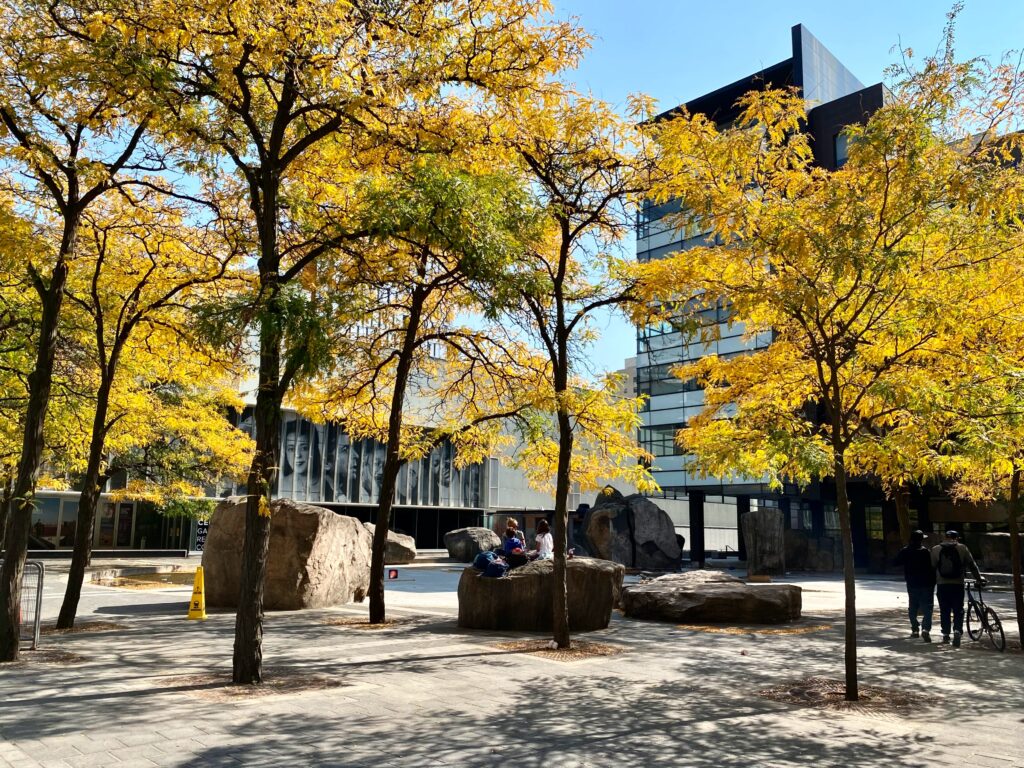
With a gradual return to in-person learning starting Jan. 31, Ryerson University must address high tuition costs and outstanding pandemic-related issues, say members of a student organization.
“‘Back to normal’ shouldn’t necessarily be a standard, because the issues that existed before the pandemic, and the issues that the pandemic caused, are all amounting to a mountain of issues that haven’t been addressed,” said Kayla Weiler, a representative at the Canadian Federation of Students (CFS).
Since the COVID-19 pandemic caused universities to shift to online learning, Ryerson students have protested the unchanged cost of tuition using change.org petitions, which collectively garnered thousands of signatures. Sixty-two per cent of students and 76 per cent of faculty believe that online learning negatively affects education quality, according to a study by CFS and the Ontario Confederation of University Faculty Associations.
Some students argue that the cost of tuition was too high to begin with, and that the anticipated return to campus will only highlight issues of inequality in post-secondary education.
Rachael Demerling was in the creative industries program at Ryerson but decided to take time off school after classes went online. She’s planning to return to Ryerson to study early childhood education in the fall.
“I do not think that it should cost the same. You definitely don’t have the same interaction and immediate help around you,” said Demerling.
Ryerson opted not to decrease tuition fees during the pandemic, stating that virtual instruction requires the same number of instructors and student support staff as in-person classes, as well as additional technology resources.
“When [students] think of their university experience, they think about being on campus, and having contact with their faculty and their friends and people in their classes, and through the pandemic they haven’t had any of those experiences,” said Weiler.
The Ontario government issued a 10 per cent reduction in domestic tuition in 2019, followed by an extended freeze on tuition in 2020 and 2021. However, many students are still struggling to make ends meet while paying tuition along with their other expenses.
“Post-secondary education is still inaccessible to a lot of people,” said Demerling. “If you’re someone who has to pay for housing on top of your tuition, on top of food, on top of transportation, it doesn’t leave a lot of flexibility.”
As the Jan. 28 winter tuition due date approaches, students and CFS continue to call for more funding for post-secondary education to alleviate some of the cost.
“Ultimately, the Ontario government is underfunding post-secondary education,” said Weiler. “Students end up paying more for their tuition because the cost of running the university or college is put on the students rather than on the government.”
Fiona O'Flynn was a Video Producer and Copy Editor for On The Record News during the winter 2022 semester.

